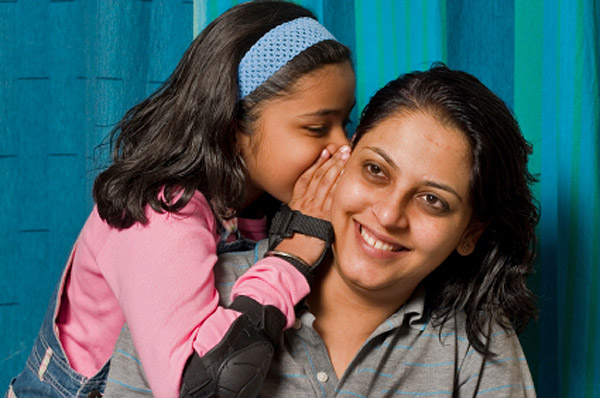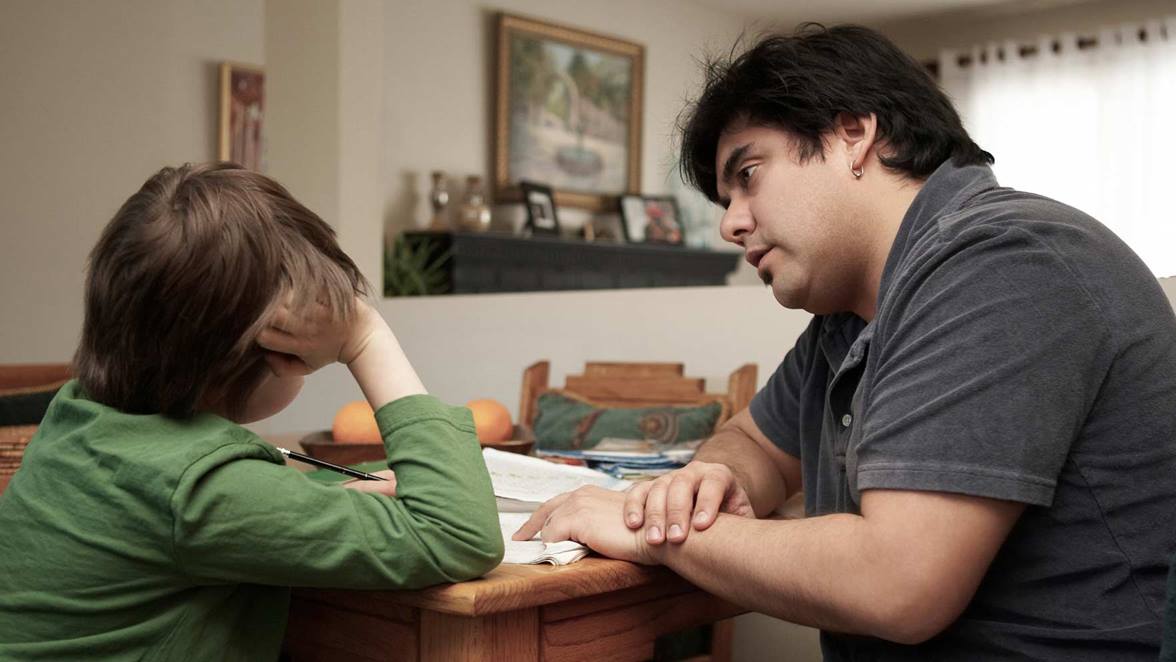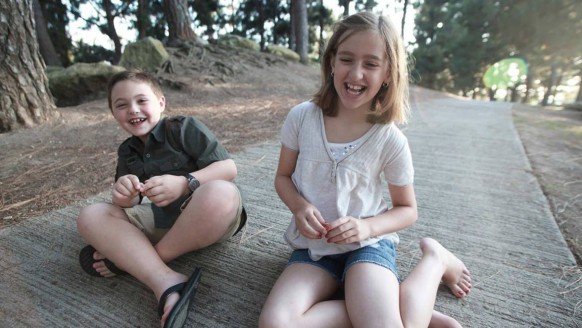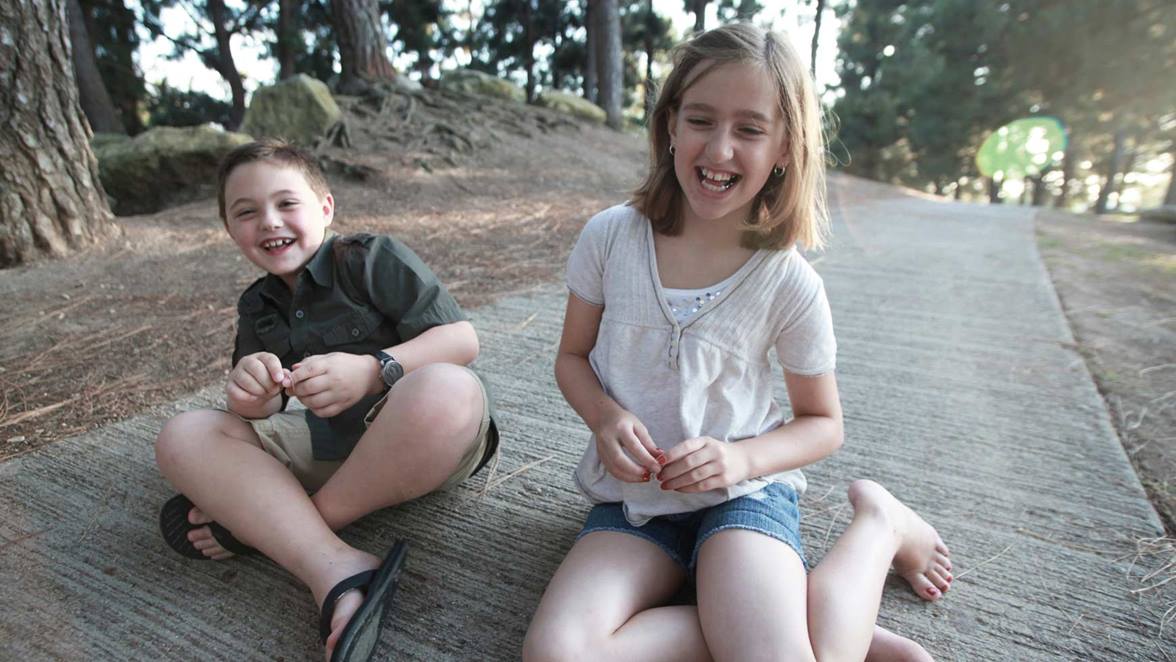5 Ways To Encourage Your Kid To Be Self-Aware
 Schooladvisor Team
Schooladvisor TeamSelf Awareness is important for everyone. Being self-aware is to have a clear perception of your personality, which includes strengths, weaknesses, thoughts, beliefs, motivation, and emotions.
1. Express Feelings Healthily
Encourage them to write down how they feel in a blog, or through any means they are comfortable with. Allow your kid the privacy to write and to self-reflect.
2. Model Self-Awareness
Show your kid it's alright to talk and express their feelings. Talk to them about things which have been on your mind. For example,"I've been feeling anxious about the dinner party we're hosting this weekend. I'm excited but at the same time I worry if something might go wrong on the day."
3. Be Careful Not To Tell Your Child How They Ought To Feel
The director of Rutgers Social and Emotional Learning Lab, Maurice Elias encourages parents to instead say what you have been observing.
For example, "I notice that you've been fidgety and distracted lately when you try to study but you say you're not nervous about next week's test. How are you feeling inside?" This is better than saying, "Gosh, I can't believe you're not nervous about that test! If it were me, I'd be studying all day!"
4. Always Make Sure Your Child Has Other Trusted Adults to Lean On

During adolescence, your kid might pull away from you and not be that close anymore. Don't relate the feeling personally. Your kid will probably look for other adults to confide to. The best thing you can do at this moment is to ensure the adults your child confides to are safe and to be trusted, such as school counsellors, teachers, aunts or uncles.
5. Look For Chance To Just Listen To Your Kid

Your child will probably not tell you what's bothering them when you ask directly. They might not confide in you when the moment is convenient or when you are free.
What you can do to encourage your child is to create a judgement free, open and trusting listening environment. This way, your kid will come and talk to you once they feel ready. Don't offer solutions or be a smart-aleck. Just listen, acknowledge their feelings and give them the opportunity to think for themselves.
*This article was adapted from parenttoolkit.com's tips to encourage self-awareness.
READ MORE:
Recent Articles
- What Should You Be Looking for in a Preschool?
- HELP Education Group Unveils New Sports Oval in Subang 2 Campus
- Exploring the Homeschooling Path: What Parents Need to Know Before Taking the Leap
- More Parents Are Now Opting for International Schools in Malaysia
- AISM Students Who Dream Big and Build Bigger




